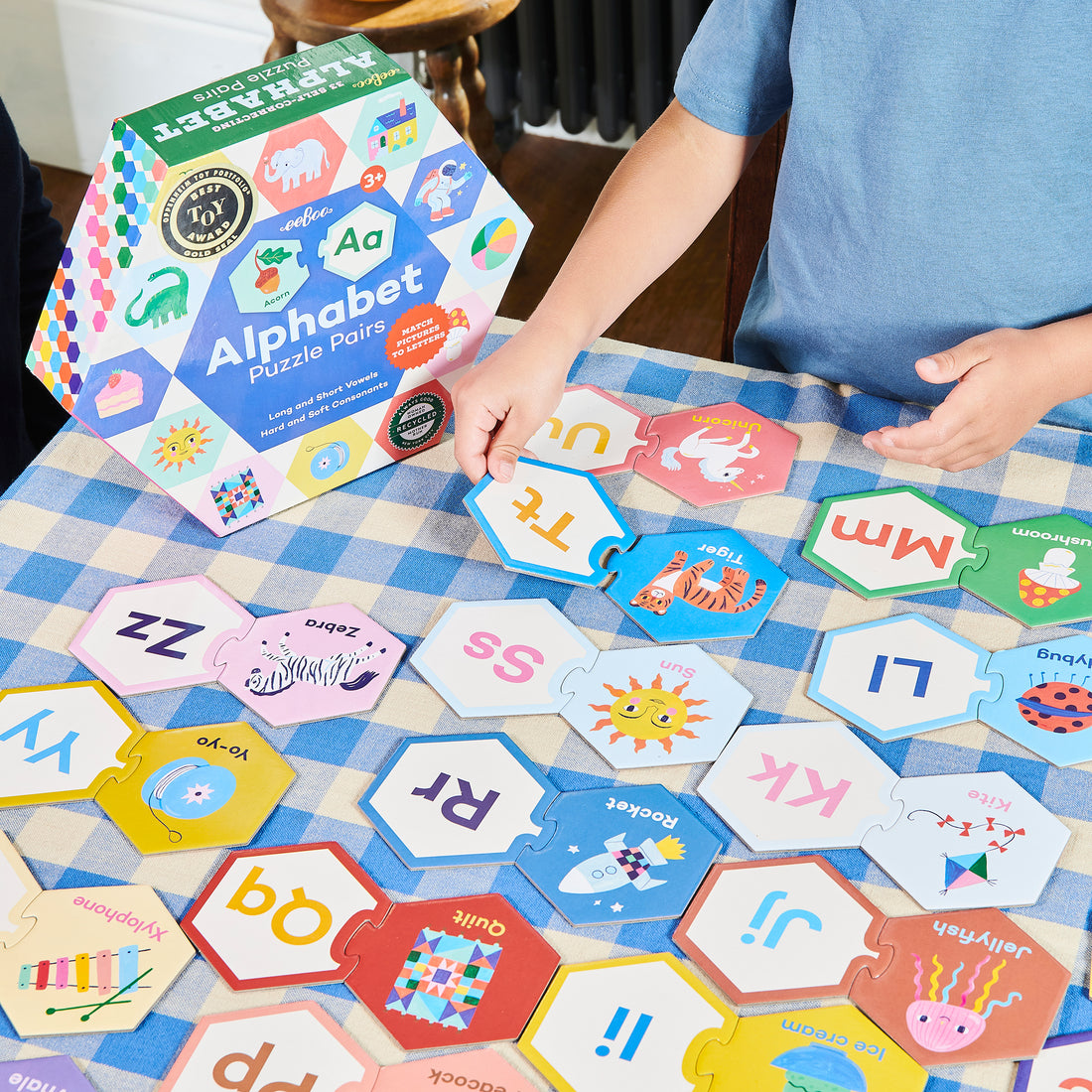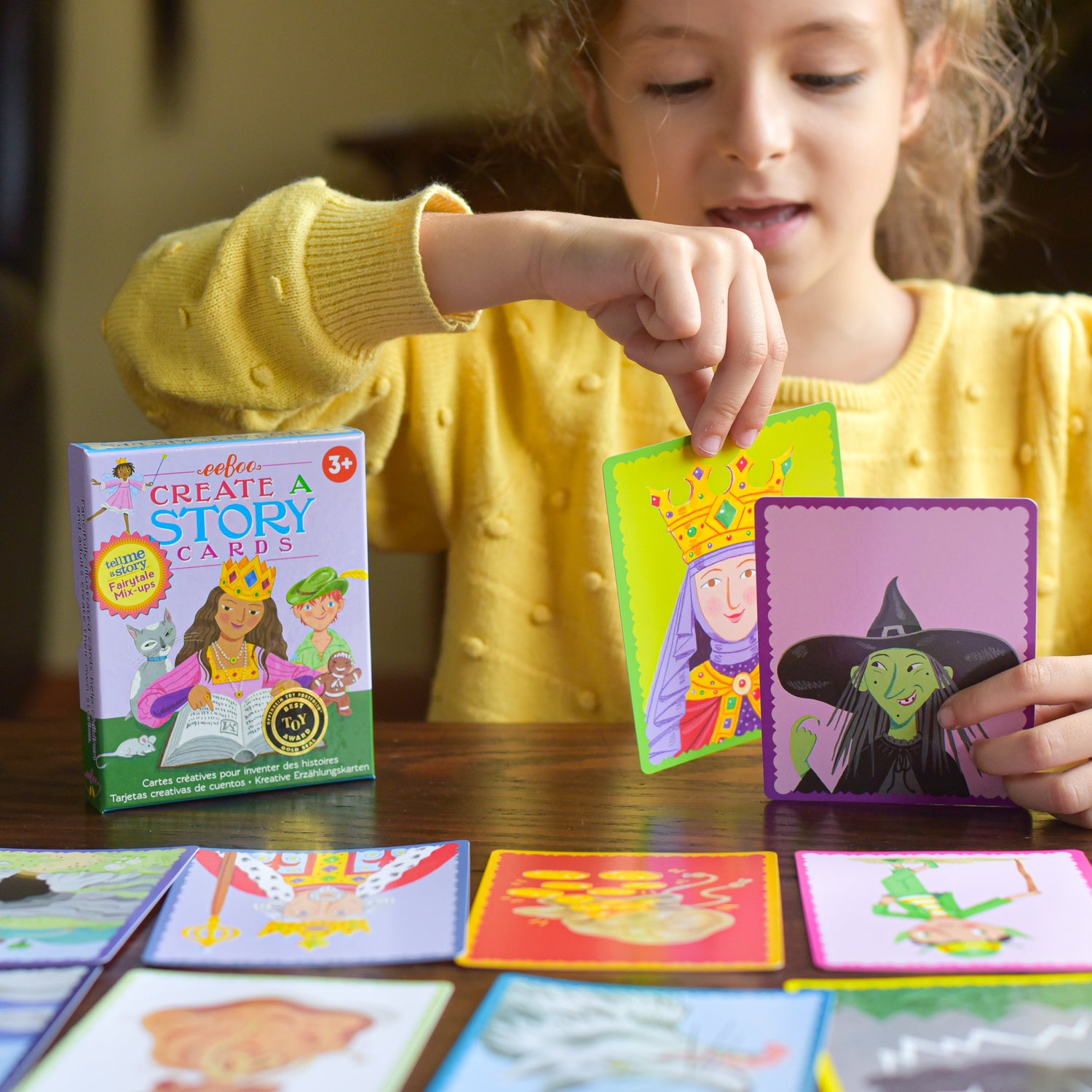Experts widely agree that growing vocabulary at a young age is crucial for a child's overall language development, literacy, and academic success. Here are some key insights from experts on the importance of early vocabulary growth:
1. Foundation for Literacy:
- The National Institute for Literacy emphasizes that a strong vocabulary is a foundational element of reading comprehension. Children who know more words can better understand what they read and can more effectively express themselves in writing.
2. Critical Period for Language Development:
- Research suggests that early childhood is a critical period for language development. According to the American Academy of Pediatrics, the brain is most receptive to learning new words during the first few years of life, making early vocabulary expansion vital.
3. Cognitive Development:
- Harvard University’s Center on the Developing Child notes that vocabulary growth is closely linked to cognitive development. As children learn new words, they also develop better memory, attention, and problem-solving skills, which are essential for academic achievement.
4. Impact on Future Academic Success:
- According to The National Early Literacy Panel (NELP), children with larger vocabularies when entering kindergarten are more likely to succeed in school. A strong vocabulary supports reading, writing, and overall communication skills, which are key predictors of future academic performance.
5. Social and Emotional Benefits:
- Experts like those at Zero to Three, an early childhood development organization, highlight that a rich vocabulary helps children express their emotions and interact more effectively with others. This can lead to better social relationships and emotional regulation.
6. The "Word Gap":
- The concept of the "word gap" comes from research by Betty Hart and Todd Risley, who found that by age three, children from higher-income families are exposed to millions more words than those from lower-income families. This gap can affect language skills, literacy, and academic achievement, making early vocabulary development especially important in closing this disparity.
7. Parent and Caregiver Involvement:
- Experts stress the role of parents and caregivers in fostering vocabulary growth. Engaging in conversations, reading books, and playing word games with children are recommended by the American Speech-Language-Hearing Association (ASHA) as effective ways to build a child’s vocabulary.
- Here's 3 expert suggestions to get more vocabulary into your child's daily life: https://theconversation.com/how-caregivers-can-help-build-childrens-emerging-language-skills-186456
In summary, experts advocate for the active development of vocabulary at a young age due to its profound impact on literacy, cognitive abilities, social skills, and long-term academic success.









